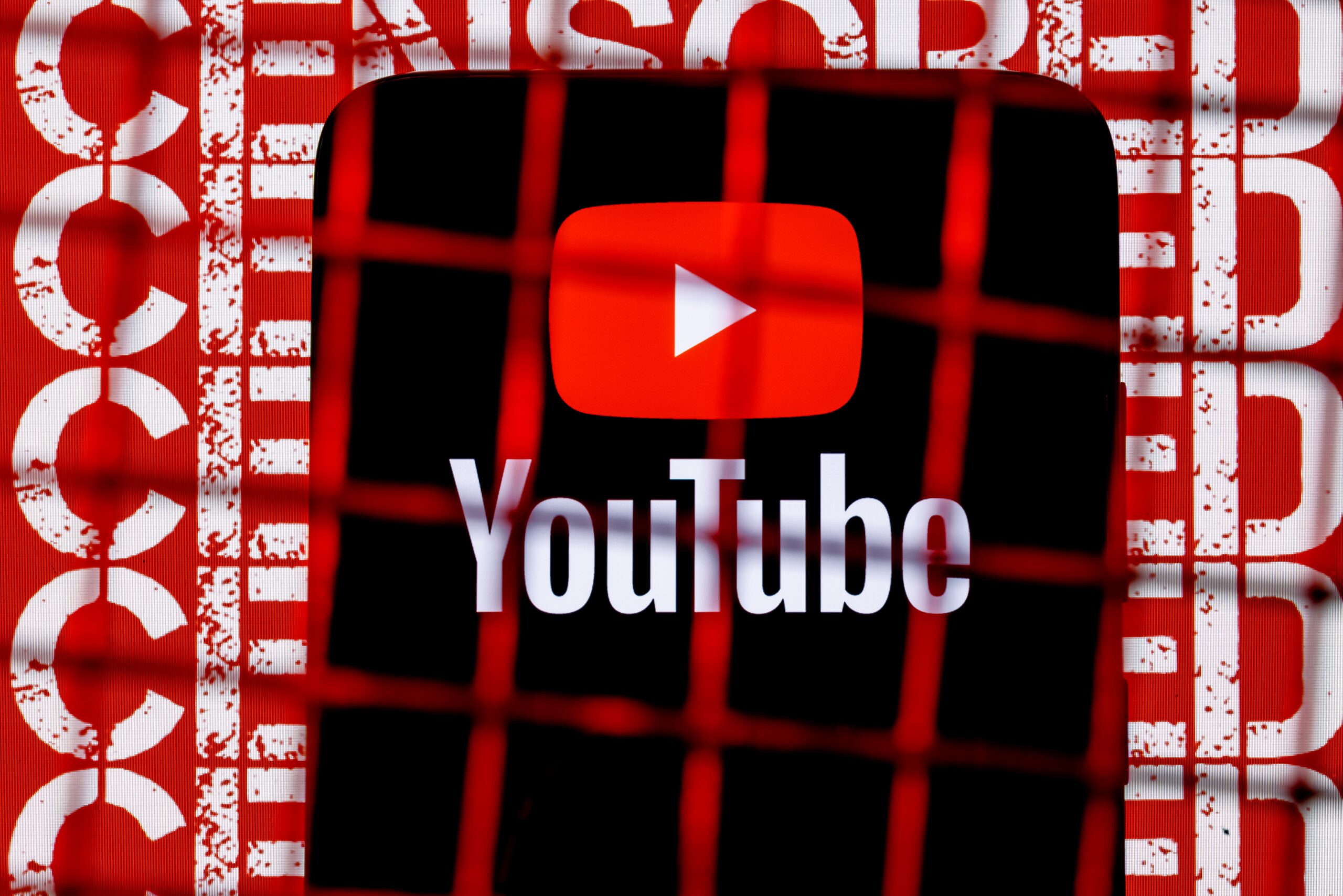
The White House says social media giants like YouTube and Meta have pledged to clamp down hard on online extremism, but market watchers warn their efforts won’t stop the flow of fake news, conspiracies and terrorism content.
The news comes after the mass shootings in Buffalo and Uvalde, Texas, have turned up the pressure on social media companies to prevent the spread of hateful rhetoric on their platforms. Both shooters had histories of sharing violent rhetoric online.

Access deeper industry intelligence
Experience unmatched clarity with a single platform that combines unique data, AI, and human expertise.
In a LinkedIn post, YouTube’s chief product officer Neal Mohan said it will prohibit the spread of content that glorifies violence and launch a media literacy programme to help young people recognise how misinformation spreads.
Reuters reported that Meta has formed partnership with the Middlebury Institute of International Studies’ Center on Terrorism, Extremism and Counterterrorism to stymie the flow of extreme content.
Apart from YouTube and Facebook-owner Meta, Twitch and LinkedIn-owner Microsoft also announced initiatives to choke the spread of extremist content.
Online extremism policies still have a lot issues
While some experts applauded the social media giants’ efforts, skeptics suggested that their promises were more about optics than any real and significant change.

US Tariffs are shifting - will you react or anticipate?
Don’t let policy changes catch you off guard. Stay proactive with real-time data and expert analysis.
By GlobalData“[In] my cynical view [it’s] simple – it keeps their shareholders happy,” Kelly Vero, editor in chief at Metacrun.ch, tells Verdict. “Actions must speak louder than words and if Meta, particularly, persists in their catastrophic moderation practices how will they even learn?”
Kelly adds: “For them it’s about optics. For the end user it looks like a step in the right direction but it’s a baseless approach to protecting us. They must try harder to do better. And they must take the lead from us, the user.”
Alex Warren, author of Technoutopia tells Verdict that the social media companies’ commitment can prevent people who haven’t been radicalised yet to not slip into the dark web of conspiracies and extremism.
“Unfortunately, those already on this journey are unlikely to be impacted,” Warren argues. “All too often these sorts of policies simply push extremism underground.”
Francesca Gregory, thematic analyst at GlobalData, similarly argues that sites such as BitChute and Odysee fill the extremist gap.
“Although the viewership of these sites is relatively low, their continued presence suggests there is no silver bullet solution to online extremism,” Gregory tells Verdict.
Similarly, Sarah Coop, thematic analyst at Global Data, tells Verdict that the blanket ban for YouTube online extremism is good news, but that tech companies must do more to keep ahead of extremists.
“Extremists will learn how to manipulate algorithms to avoid videos being taken down, and harmful content is always likely to slip through the net and reach the most susceptible people,” Coop says. “YouTube moderators will consistently lose the race with extremist content creators who can adapt content to avoid regulation by algorithms.”
GlobalData is the parent company of Verdict and its sister publications.







